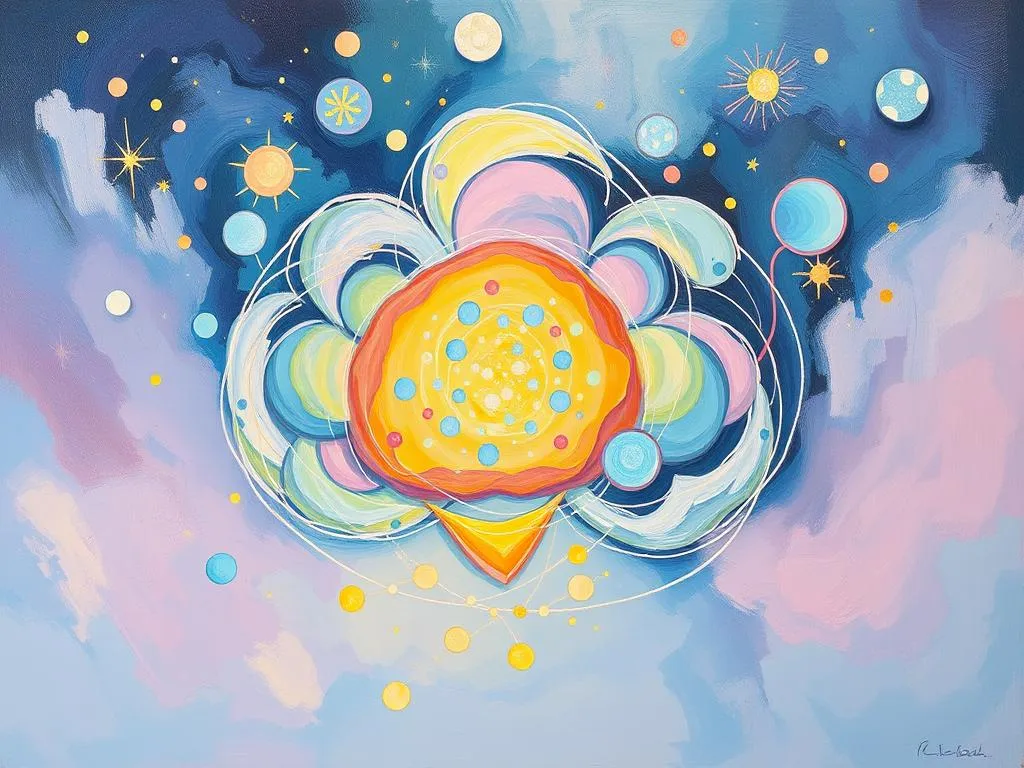
Introduction
Dreams have long fascinated humanity, serving as windows into our subconscious mind. Among the myriad of dreams we experience, those marked by a pivotal shift, encapsulated in the phrase “everything changed,” hold a particularly compelling allure. These dreams often leave us pondering their significance long after we awaken. They resonate with a universal theme of transformation, reflecting our inner thoughts, fears, and aspirations. Understanding the intricacies of such dreams can help us navigate our waking lives and uncover the hidden meanings behind our subconscious messages.
Symbolism and Meaning
The phrase “everything changed” conjures images of transformation, transition, and sometimes, turmoil. In dreams, such a shift can manifest through various symbols and imagery, each offering layers of meaning.
One common symbol in these dreams is the door. When we encounter a door that suddenly opens or closes, it often represents a new opportunity or a significant departure from the past. The act of walking through a door in a dream can signify our readiness to embrace change, while a closed door might indicate fear or resistance to the inevitable transitions in life.
Another prevalent symbol is the river. Water, in many dream interpretations, is associated with emotions and the flow of life. A river that changes course or swells dramatically can reflect our emotional state or the upheaval we feel regarding our life circumstances. It suggests a need to go with the flow rather than resist the changes that are occurring.
Figures of authority, such as teachers or parents, often appear in these dreams, representing guidance or judgment. Their presence can indicate the pressure we feel from external expectations during times of change. Alternatively, they might reflect our internalized beliefs about how we should navigate transformations in our lives.
Moreover, the landscape itself plays a crucial role in these dreams. A changing landscape, whether it be a city morphing into a forest or a familiar room becoming unrecognizable, symbolizes the shifting nature of our reality. It serves as a powerful reminder that nothing remains constant; the familiar can quickly become foreign, urging us to adapt and reassess our circumstances.
These symbols and their meanings can be interpreted from various perspectives. Some may view them as reflections of external changes in their lives, while others might see them as manifestations of internal struggles, such as anxiety or fear of the unknown.
Key Scenarios and Variations
The dream of “everything changed” can take on many forms, each presenting unique scenarios that influence its interpretation. For instance, one might dream of moving to a new city. This scenario often symbolizes a fresh start or a desire to escape current realities. The emotions felt during the dream—whether excitement or fear—can provide insight into how one perceives upcoming changes in their life.
Another variation involves losing something significant, like a job or a relationship. Such dreams can evoke feelings of loss, but they also offer opportunities for growth. They may indicate an impending shift that, while initially distressing, could lead to personal development or new opportunities. Reflecting on what the lost item represents in your life can illuminate areas where you might need to let go or embrace change.
In dreams where relationships shift dramatically, such as a friend becoming an enemy or vice versa, the focus often lies in our social dynamics and emotional attachments. These scenarios can reflect our fears about change in our social circles or highlight underlying tensions that need to be addressed. The varying emotions experienced in these dreams can help identify how comfortable we are with the changes occurring around us.
Dreams involving natural disasters—like a flood or earthquake—indicate upheaval and chaos. While these dreams can be frightening, they often serve as metaphors for the tumultuous emotions we might be grappling with in our waking lives. They invite us to confront these feelings and recognize that just as nature can be unpredictable, so can life’s transitions.
Lastly, dreams where one wakes up in an unfamiliar place symbolize disorientation and confusion regarding recent changes. This scenario might reflect a fear of the unknown or feelings of being unprepared for what lies ahead. The exploration of the unfamiliar setting can encourage self-reflection and prompt individuals to assess their current circumstances and how they might adapt.
Real-Life Connections and Takeaways
Understanding dreams that revolve around the theme of “everything changed” can lead to profound revelations in our waking lives. These dreams often echo our subconscious grappling with situations where change is either imminent or already in motion. By examining the emotions and symbols present in these dreams, we can glean valuable insights that resonate with our real-life experiences.
One practical approach is to keep a dream journal. Recording your dreams immediately upon waking allows you to capture the vivid details and emotions that might fade with time. Over time, patterns may emerge, revealing recurring themes that can inform your understanding of your personal life changes. It’s essential to reflect on what those changes might signify and how they relate to your current circumstances.
Additionally, consider engaging in self-reflection. Ask yourself questions about the changes in your life. Are you feeling overwhelmed by transitions, or are you embracing them? Recognizing your feelings can help you navigate the emotional landscape of change more effectively. It’s also helpful to explore how these feelings might connect to your dreams. For instance, if you dream of a river overflowing, it may indicate that your emotions are reaching a tipping point in your waking life.
Embracing change can be challenging, and these dreams may serve as gentle reminders to adapt and grow. When confronted with feelings of uncertainty, remind yourself that change, while often uncomfortable, can lead to new opportunities and personal growth. Engaging in practices like meditation or mindfulness can help center you during turbulent times, providing clarity and a sense of control amidst chaos.
Furthermore, consider reaching out to supportive networks—friends, family, or even professionals—who can provide guidance and understanding as you navigate significant transitions. Discussing your dreams and their meanings can foster deeper connections with others and create a safe space for sharing experiences.
Ultimately, dreams that evoke the feeling of “everything changed” encourage us to embark on a journey of self-discovery. By acknowledging our fears, embracing our emotions, and fostering an openness to change, we can transform these dreams into powerful catalysts for growth.
In conclusion, the next time you find yourself dreaming of dramatic shifts, take a moment to reflect on the symbols, scenarios, and emotions that arise. Engage with your dreams, allowing them to guide you through your waking life’s transitions. By actively participating in this process, you may uncover hidden truths about yourself and the ever-evolving landscape of your life. Remember, every change brings with it the potential for new beginnings, and understanding these dreams can be a vital step in embracing that journey.







